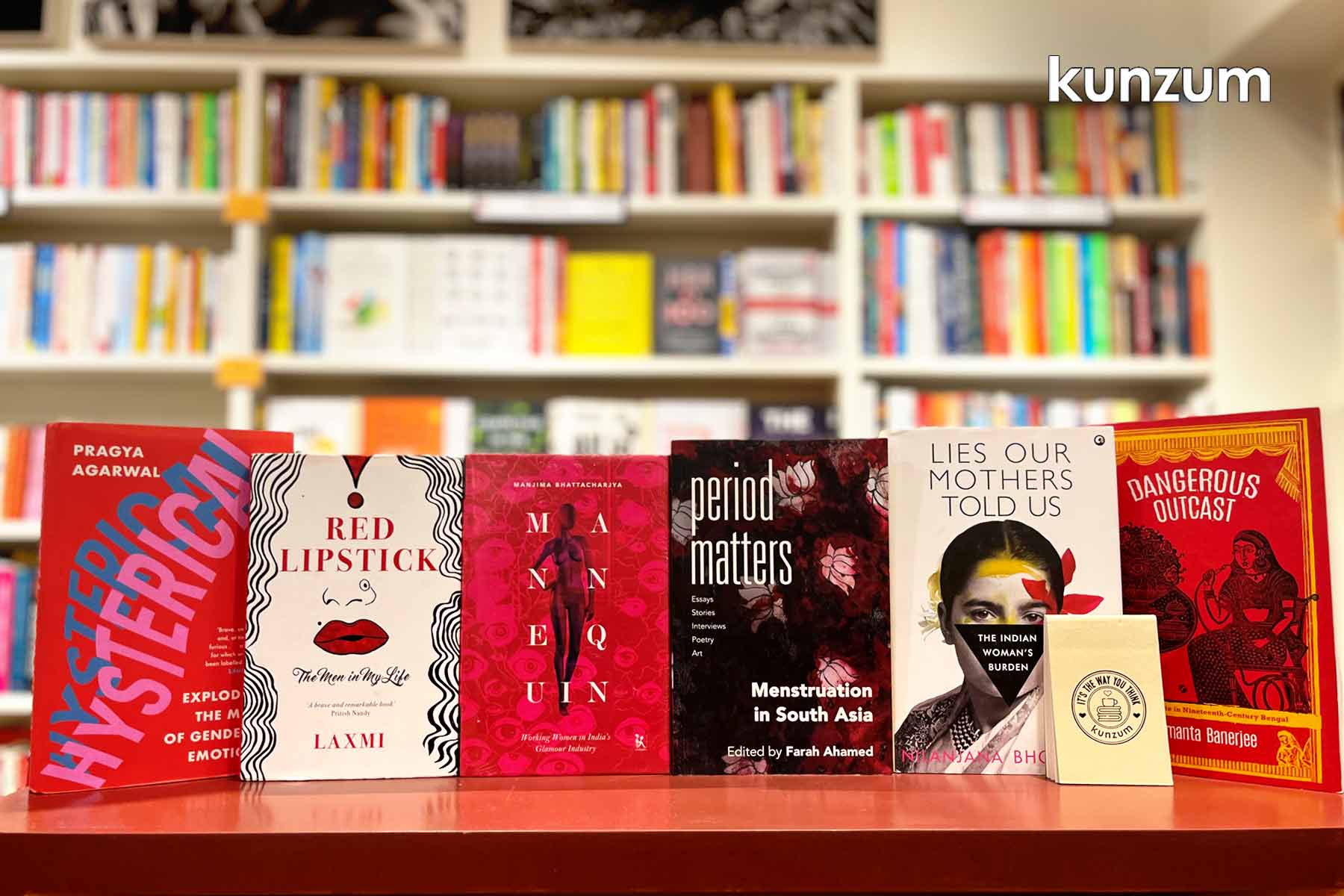
In honour of Pride Month, and in an attempt to offer informative, engaging, mind-opening and truly enlightening literature, Kunzum has attempted to curate lists that not only celebrate pride but also represent the true scope of all that it includes. Gender, while not at the forefront of the sexuality-centric acronym, is a huge player within queer discourses and conversations on non-CIS Het identities. This list discusses six enriching and enlightening reads that explore gender within the context of South Asia and its culture. From “exploding the myth of gendered emotions” to an intimate look at transgender activist Laxmi Narayan Tripathi’s life, or even a social history of prostitutes in 19th century Bengal, these understated non-fiction reads offer unique perspectives on popularly known and yet deeply under-researched areas of conversation.
A fun and worthy TBR for all our beautiful brown readers, these are 6 books that explore Gender within South Asia.
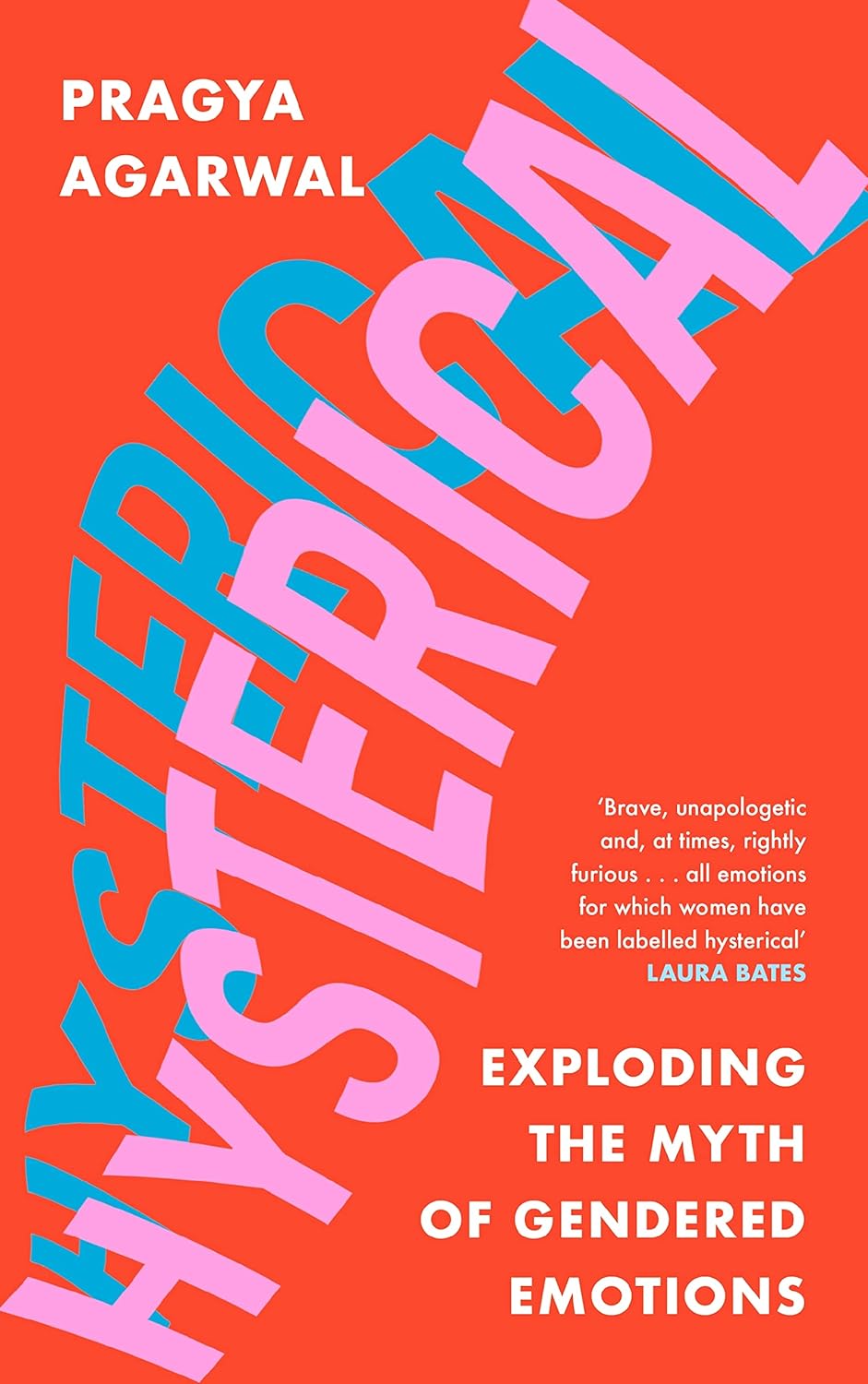
Hysterical: Exploding the Myth of Gendered Emotions by Dr. Pragya Agarwal
In an urgent and brilliant exploration of “the gendered social and cultural constructs of emotions”, behaviour and data scientist Dr. Agarwal evaluates all mythical constructions in an attempt to liberate emotions from the weight of engenderment. In exploring the stereotypes levied on women, specifically the expectation of ‘hysterical’ emotions, Agarwal identifies the motivations and communities implicit in demonisation of the female. Stretching as far back as Ancient Greece and then pulling forward, all the way to contemporary reality and AI technology, Agarwal’s book offers a comprehensive look at the gender-codification of emotions as done across cultures through time. From burning witches to manufacturing docile and appealing fembots, Hysterical navigates both scientific and historical discourses, denaturalising or rather ‘exploding the myth of gendered emotions’.
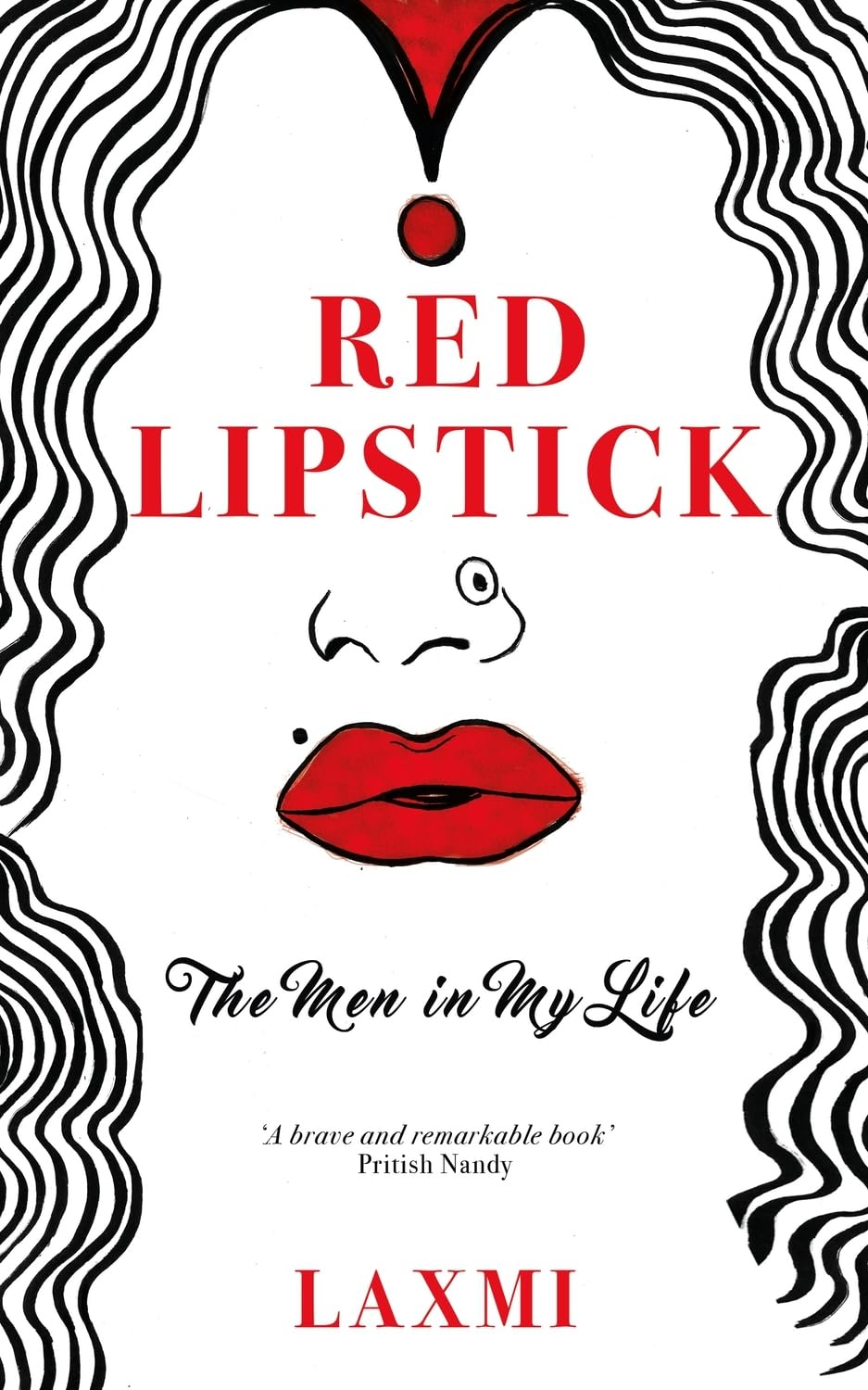
Red Lipstick: The Men In My Life by Laxmi Narayan Tripathi and Pooja Pande
An autobiographical account from transgender rights activist, Bharatnatyam dancer and the first transgender person to represent Asia Pacific at the UN in 2008, Laxmi Narayan Tripathi’s Red Lipstick is an existential exploration of gender and sexual identity in terms of the author’s inklings of desire and fear. Tracing life in terms of the ‘men’ in her life, the abusers, lovers, protectors and creators, Laxmi delves into her own alienation from her sex and given name Raju, to be called Raju, not associate with it and yet knows that he is alive somewhere within her. It situates her in an orthodox household and reveals how she came to be accepted within her family, recognised as a public figure championing India’s hijra community, at the forefront of a movement for recognition, specifically in the protest against Article 377, often tasked with the insurmountable responsibility of representing the needs of an entire community. Red Lipstick offers intimate, dark and unflinchingly bold stories that offer a look at the world and a vision of a better one from the eyes of a brilliant Laxmi.
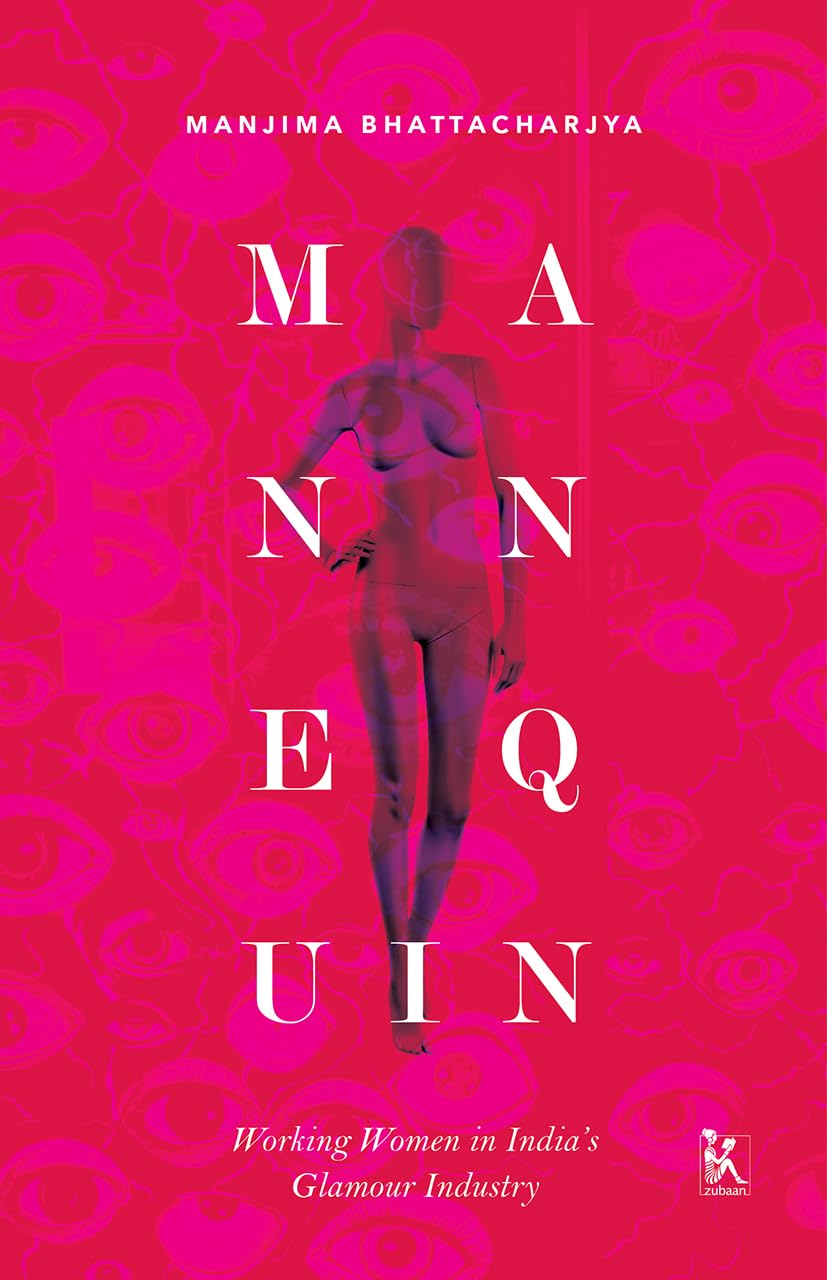
Mannequin by Manjima Bhattacharya
India’s fashion industry employs over sixty million people, and yet this high-powered glamour industry suffers from extreme mismanagement. Feminist activist and researcher, Manjima Bhattacharya, an active part of the women’s movement, takes us to the voiceless actors and stakeholders of the industry, focusing on models and their shockingly understated role within the big wide world of all things fashion. Narrating stories from behind the catwalk, taking us to the people who come from across towns in the hope of a career in fashion, Mannequin raises the critical feminist question regarding the status of models: are models the face of female objectification, representing all that is dangerous within beauty and its standards, or are they to be recognised as agential stakeholders in an industry that continues to glorify their role while undervaluing the extent of their labour? A concise, fairly short and deeply impactful book, Bhattacharya methodically confronts a debate that continues to be at the centre of popular discussion.
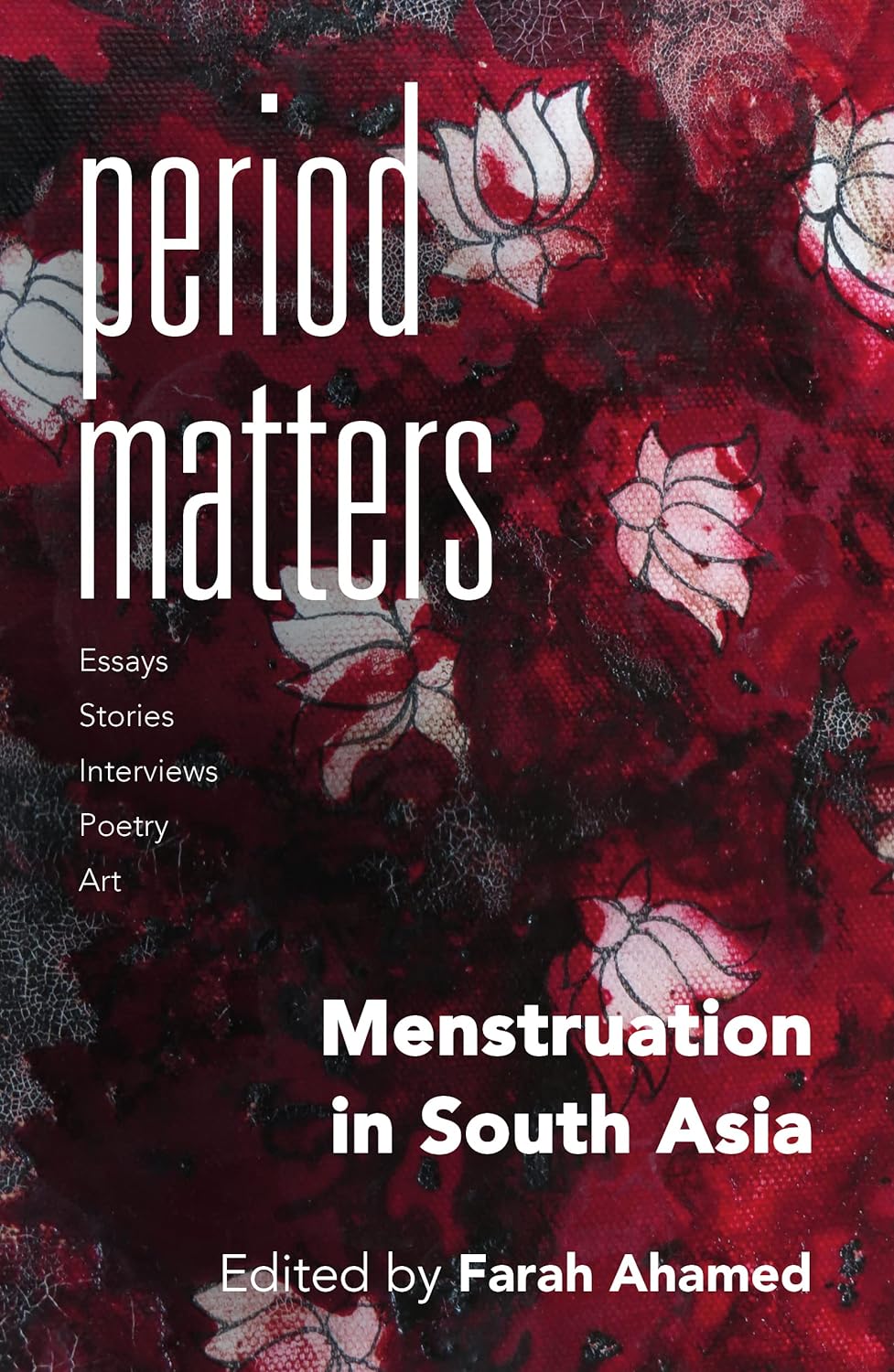
Period Matters: Menstruation in South Asia ed. by Farah Ahmed
A compilation of research conducted on menstruation within South Asia, Period Matters takes us to the wonderfully diverse experiences regarding menstruation from across the Brown subcontinent. Edited by writer and human rights lawyer Farah Ahmed, the collection consists of essays, interviews, articles, poetry, research papers, artworks and photographs that keenly and uniquely document the diversity of menstrual experiences as well as their physical, political and psychological underpinnings. From Shahi Tharoor’s piece on the Menstruation Rights Bill to the status of menstrual hygiene in Bhutanese Buddhist nunneries or even the portrayal of menstruation in fiction, Period Matters offers an uncommon and interesting picture of the phenomenon through intimate accounts from a wide variety of menstruators.
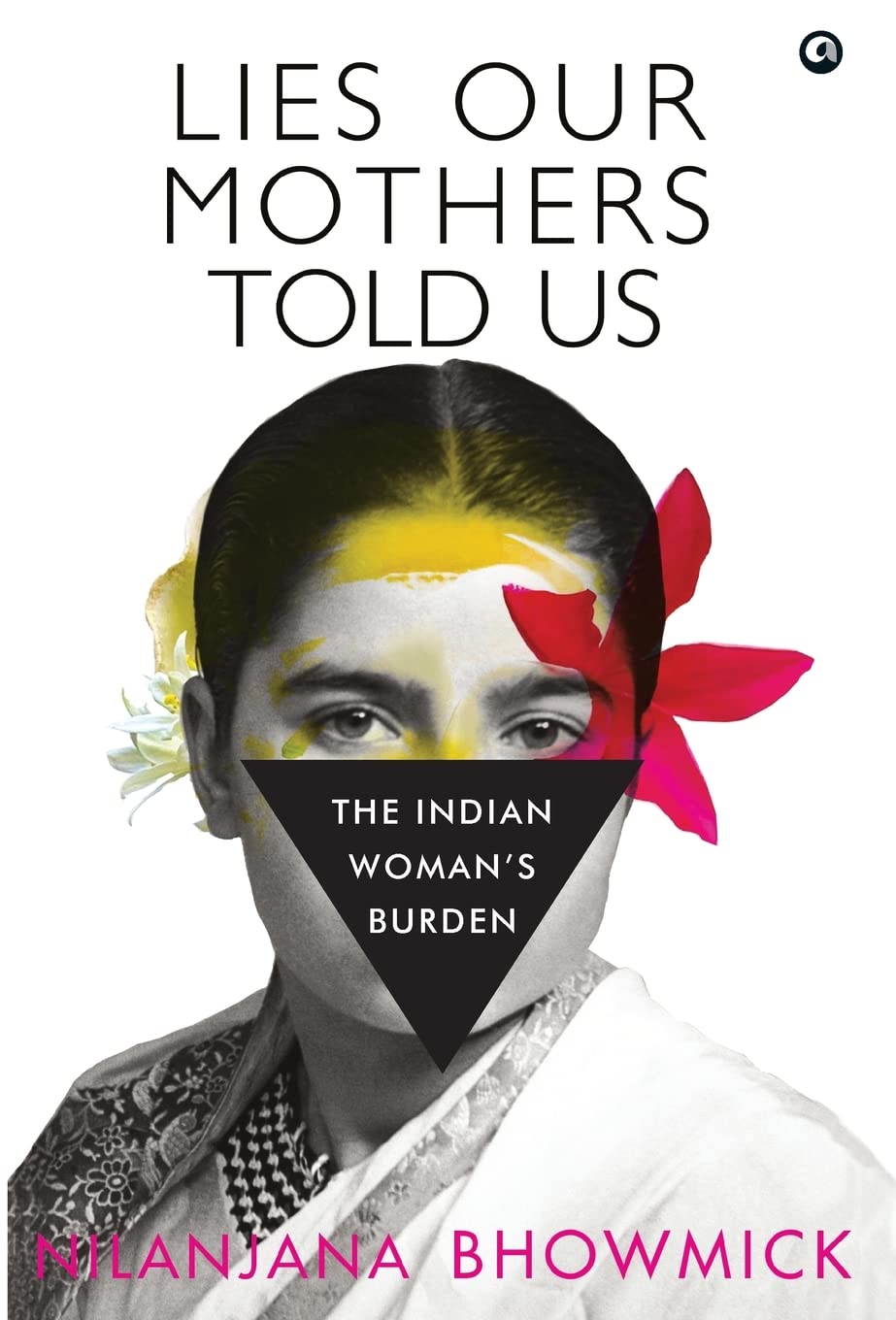
Lies Our Mothers Told Us: The Indian Woman’s Burden by Nilanjana Bhowmick
Multi-award-winning Indian journalist Nilanjana Bowmick’s debut non-fiction takes us to the core of middle-class Indian women, starting with her own mother and stretching the scope of the text to include issues like the alarming lack of access to menstrual hygiene products or even the financial strain experienced within families during the COVID pandemic, Lies Our Mothers Told Us sings of the many labours performed by women and the various discriminations they face, rejecting the ‘lean in’ mantras that fly in under the guise of empowerment and do little to offer the same. In perhaps one of the most intriguing chapters, Bhowmick explores the role of satsangs and spiritual community routines in the lives of middle-class women. Delving into their traumatic experiences within therapy along with the frequent use of alternate spiritualisms as a coping mechanism, the book offers perspective on how satsangs and alternate spiritual healing become spaces that are more comfortable than traditional therapy set-ups, and thus more conducive for expression and connection. A remarkable addition to the academic literature on the Indian middle class, Lies Our Mothers Told Us makes for a riveting read on a hard-to-define but easy-to-spot Indian community.
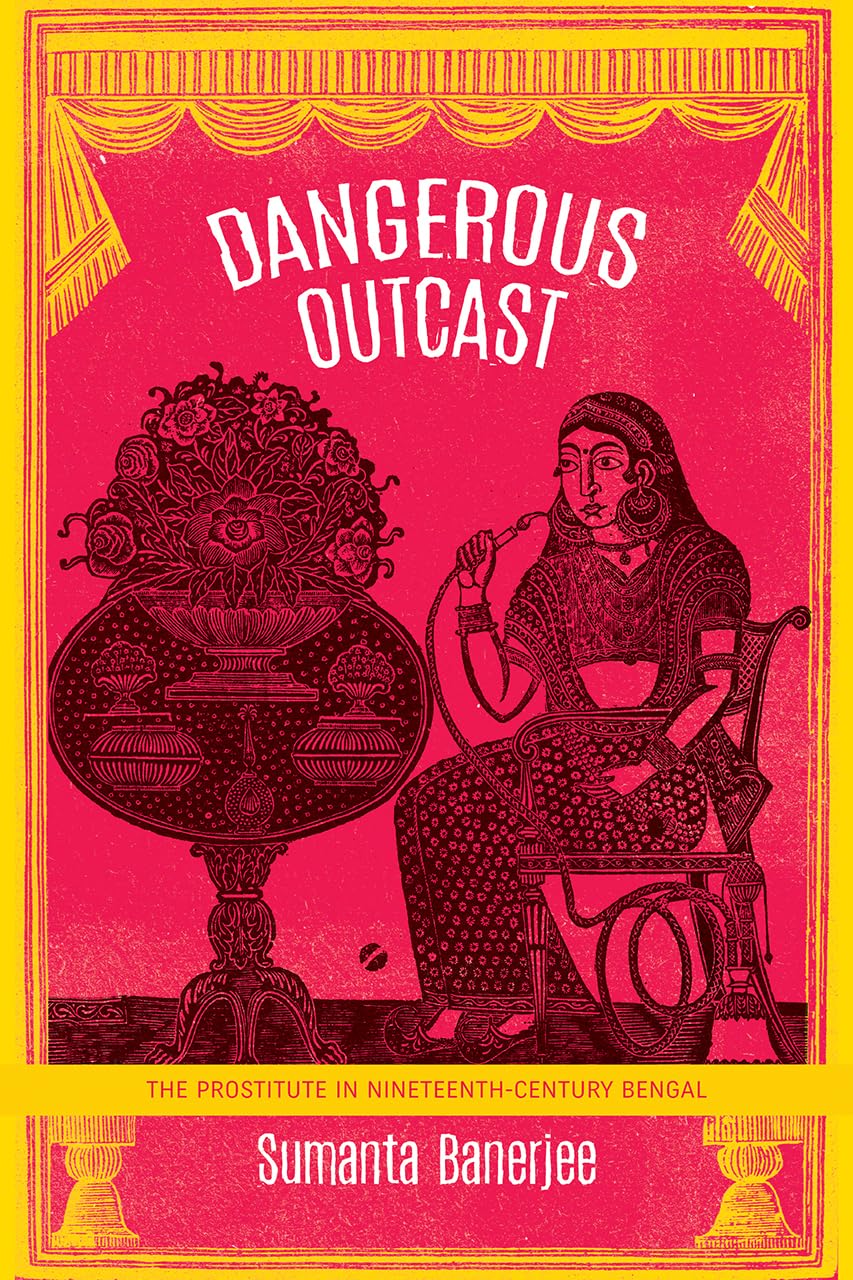
Dangerous Outcast: The Prostitute in Nineteenth Century Bengal by Sumanta Banerjee
Sumanta Banerjee, a cultural theorist invested in popular culture as well as colonial period India, showcases the journey of prostitutes in colonial Bengal, specifically their movement from the edges of rural Bengal to the heart of its culture and its relationship with the coloniser, Bengali bhadralok as well as Bengal’s social reformers. Examining the intervention of the British and its impact in shaping the community, as well as the emergence of babu culture that effectively elevated the status of prostitutes, now esteemable muses inspiring literature and art, Dangerous Outcast includes the songs and sayings of these women, taking readers to the real rhythms of their dynamically changing life. Including archival records and accounts from the prostitutes themselves, specifically from the oral tradition of Sonagchi(Calcutta’s red-light district), Banerjee attempts a wholistic history that keenly chronicles a culturally rich community in a historically potent moment.
Pick up any of these 6 Brilliant Books that Explore Gender in South Asia from any Kunzum store or WhatsApp +91.8800200280 to order. Buy the book(s) and the coffee’s on us.
